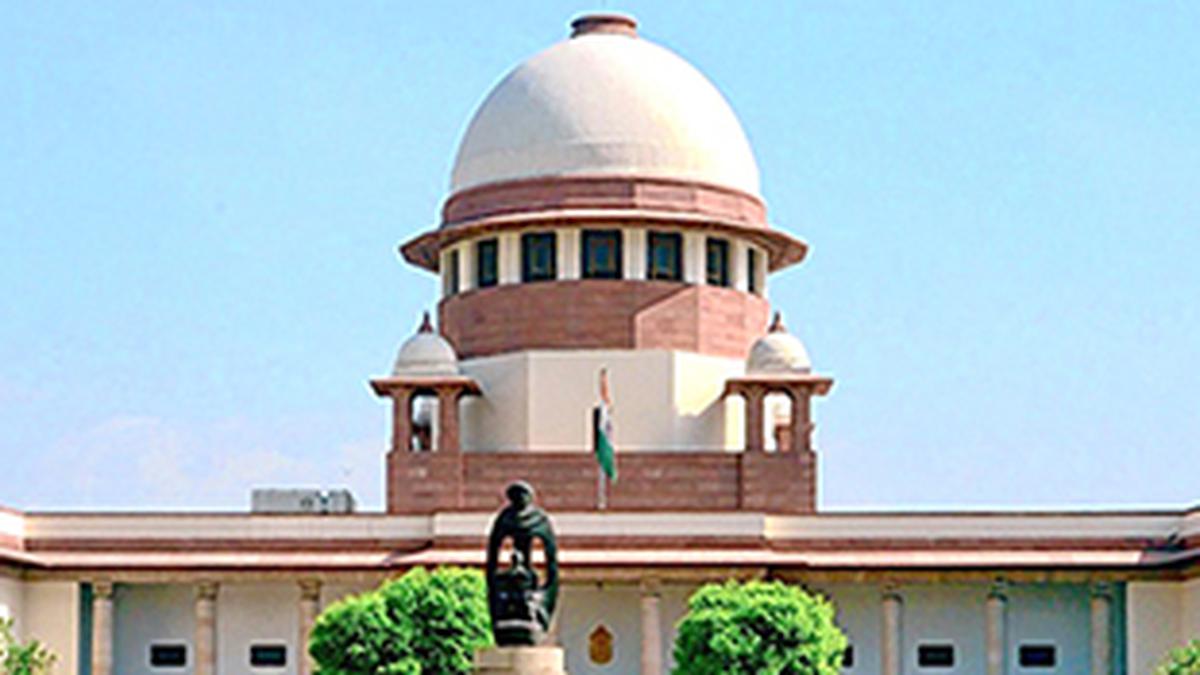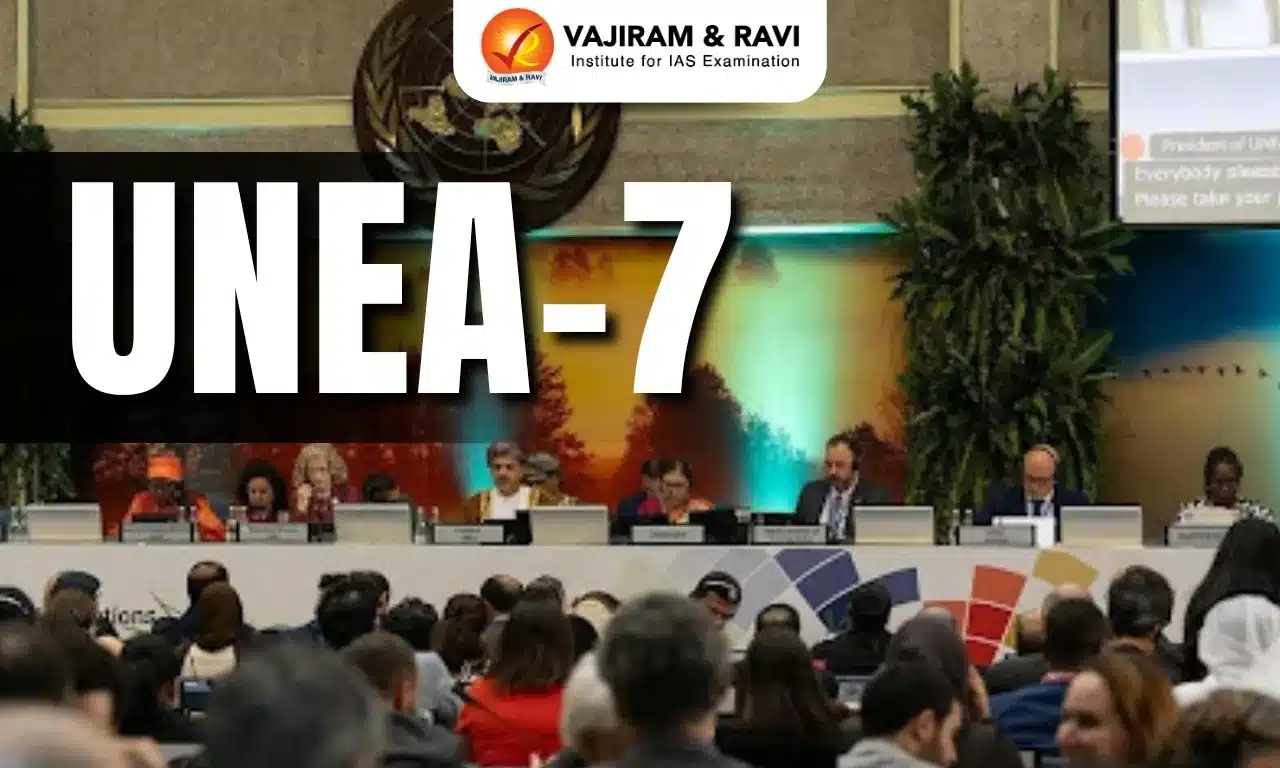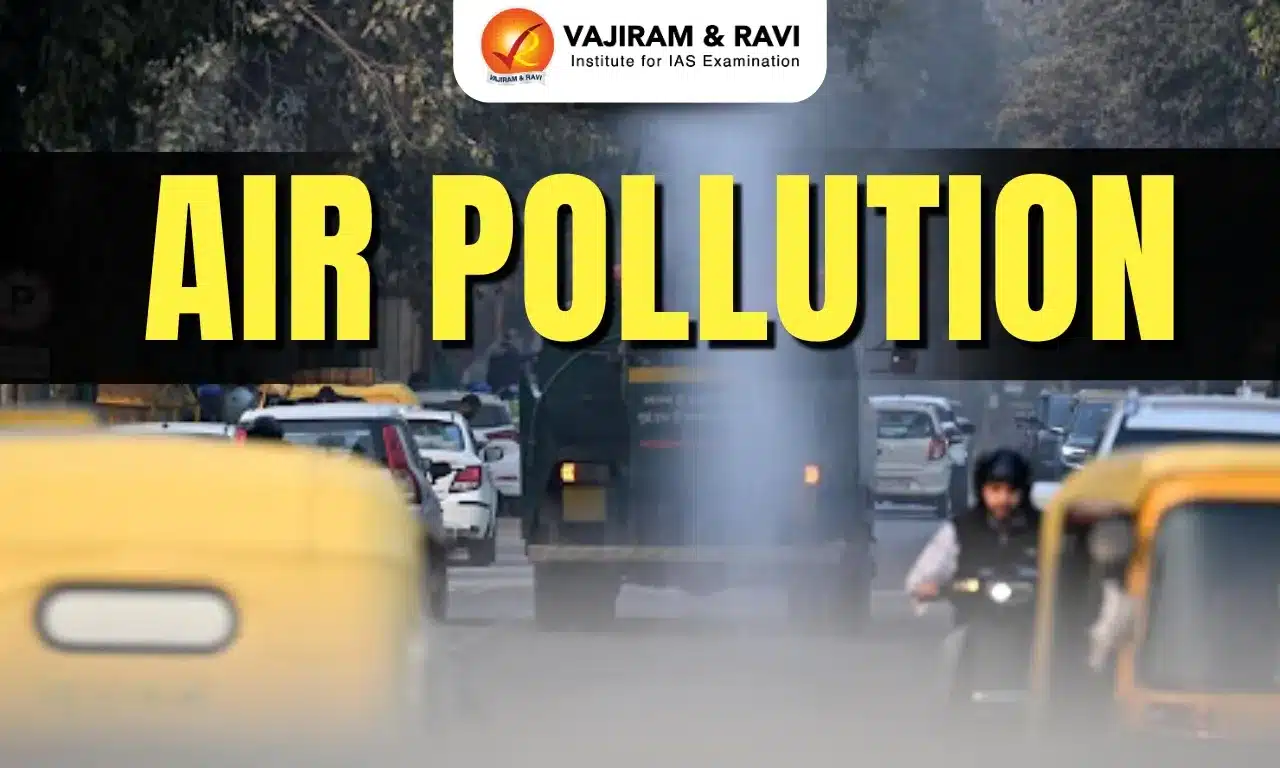What’s in today’s article?
- Why in News?
- Background
- About Right to Information Act, 2005
- Who is Covered under the RTI?
- Should Political Parties Come Under RTI Act?
- Conclusion
Why in News?
- A Supreme Court bench observed that political parties may “have a point” when they fear that accountability under RTI may stretch to even disclosure of internal decisions.
Background
- A batch of petitions were filed in the Supreme Court to include political parties as “public authorities” under the Right to Information Act, 2005.
- Several political parties, including the BJP and the Congress, are arraigned as respondents in this case.
- The Communist Party of India (Marxist) said it supported the cause of financial transparency of political parties in the area of financial matters.
- However, it was against parties being compelled to reveal confidential information like “which candidate was selected for what reasons and what discussions happened within the political party, etc”.
- The Supreme Court bench, headed by the Chief Justice of India, orally observed that political parties may “have a point” for not wanting to disclose the details of their candidate selection process.
- The Supreme Court has scheduled the case for a detailed hearing on August 1, 2023.
About Right to Information Act, 2005
- Right To Information is derived from the fundamental right of freedom of speech and expression under Article 19 of the Constitution.
- If we do not have information on how our Government and Public Institutions function, we cannot express any informed opinion on it.
- The basic object of the Right to Information Act is to empower the citizens, promote transparency and accountability in the working of the Government.
- The Act and its rules define a format for –
- requisitioning information,
- a time period within which information must be provided,
- a method of giving the information,
- charges for applying and
- exemptions of information which will not be given.
- Key Provisions of the RTI Act include –
- Sec. 4 of the Act imposes an obligation on public authorities to maintain its records duly catalogued and indexed in a manner and form which facilitates the right to information under the Act.
- Sec. 6 of the Act entitles a person desirous of obtaining any information under the Act, to make a request in writing to the Central or State Public Information Officer specifying the particulars of the information sought by him.
- Sec. 7 of the Act requires the Public Information Officer to either provide the information or reject the request for any of the reasons specified in Secs. 8 and 9 within 30 days of receipt of the request.
- Under Sec. 19, if a person does not receive a decision within 30 days or is aggrieved by a decision of the Public Information Officer, he may prefer an appeal to an Officer who is senior in rank to the Public Information Officer in that Public Authority.
- Exemptions under the Act – the information sought must not be related to defence, national security, or personal details.
- Before the advent of the RTI act, the disclosure of information in India was restricted by the Official Secrets Act and some other special laws. The RTI Act relaxed many such laws in the country.
Who is Covered under the RTI?
- The RTI Act, 2005 extends to the whole of India.
- All bodies, which are constituted under the Constitution or under any law or under any Government notification or all bodies, including NGOs, which are owned, controlled or substantially financed by the Government are covered.
- All private bodies, which are owned, controlled or substantially financed by the Government are directly covered.
Should Political Parties Come Under RTI Act?
- Arguments in favour of bringing political parties under the RTI –
- Transparency in funding is an important issue to bring political parties under the purview of RTI.
- If the general public knows how much funding a political party receives and from whom, the trust in a political party will increase and democracy will be strengthened.
- Currently, under the Income Tax Act (1961), it is not mandatory for political parties to disclose a donation of less than Rs. 20,000.
- This can be misused by political parties, hence they need to come under the purview of RTI.
- The RTI Act covers not only to government bodies but also to some non-governmental organizations.
- Some non-governmental organizations are substantially financed and controlled by the government.
- The government gives many subsidies to political parties. They are also given tax exemptions. Thereby, they are financed by the Government.
- For example, Government gives political parties free airtime on state owned television, radio, Doordarshan.
- Political parties are also provided facilities for residential and official use by the Directorate of Estates.
- Transparency in funding is an important issue to bring political parties under the purview of RTI.
- Arguments against bringing political parties under the RTI –
- Each political party has its own internal governance system.
- Therefore, if a political party comes under the purview of RTI, these things can hamper their functioning and have a detrimental effect on the credibility of the political party.
- A political party is an independent body so they are not accountable to the people.
- Also, no political party is established by the Constitution or any other law, so it is not accountable to the people.
- If a political party comes under the purview of RTI, RTI will be misused by oppositions and RTI will be used to harass political parties with wrong intentions.
- Each political party has its own internal governance system.
Conclusion
- The declaration of political parties as public authority would promote transparency and encourage public debate.
- There are questions being raised on the functioning of political parties and the funds they receive.
- Political parties are an integral part of the democracy. Unless and until they are accountable to the public how can democracy succeed?
- Hence, there is a need to attain more transparency regarding the functioning of political parties.
- By bringing political parties in the public authority domain the confidence of the common man on democracy and the political system of the country would increase.
- Hence, political parties should be brought within the public authority domain.
Q1) Who appoints the Chief Information Commissioner of State?
The Chief and other members of State Information Commission are appointed by the Governor on the recommendation of the committee consisting of the Chief Minister as Chairperson, the Leader of the Opposition in the Legislative Assembly and a state Cabinet Minister.
Q2) Is Central Information Commission a statutory body?
he Central Information Commission is a statutory body established under the Right to Information Act, 2005. The jurisdiction of the Commission extends over all Central Public Authorities.
Source: Supreme Court acknowledges political parties’ fear of RTI to disclose internal decision making | Livelaw
Last updated on December, 2025
→ Check out the latest UPSC Syllabus 2026 here.
→ Join Vajiram & Ravi’s Interview Guidance Programme for expert help to crack your final UPSC stage.
→ UPSC Mains Result 2025 is now out.
→ UPSC Notification 2026 is scheduled to be released on January 14, 2026.
→ UPSC Calendar 2026 is released on 15th May, 2025.
→ The UPSC Vacancy 2025 were released 1129, out of which 979 were for UPSC CSE and remaining 150 are for UPSC IFoS.
→ UPSC Prelims 2026 will be conducted on 24th May, 2026 & UPSC Mains 2026 will be conducted on 21st August 2026.
→ The UPSC Selection Process is of 3 stages-Prelims, Mains and Interview.
→ UPSC Result 2024 is released with latest UPSC Marksheet 2024. Check Now!
→ UPSC Prelims Result 2025 is out now for the CSE held on 25 May 2025.
→ UPSC Toppers List 2024 is released now. Shakti Dubey is UPSC AIR 1 2024 Topper.
→ UPSC Prelims Question Paper 2025 and Unofficial Prelims Answer Key 2025 are available now.
→ UPSC Mains Question Paper 2025 is out for Essay, GS 1, 2, 3 & GS 4.
→ UPSC Mains Indian Language Question Paper 2025 is now out.
→ UPSC Mains Optional Question Paper 2025 is now out.
→ Also check Best IAS Coaching in Delhi

















